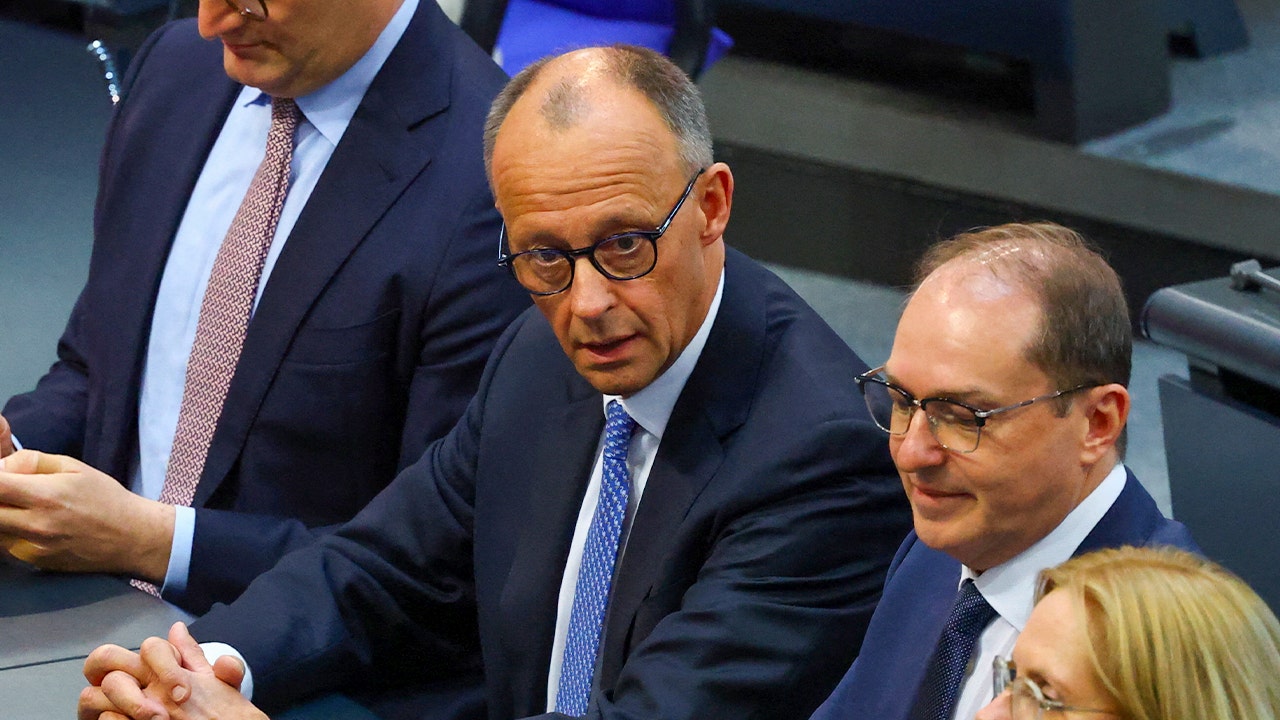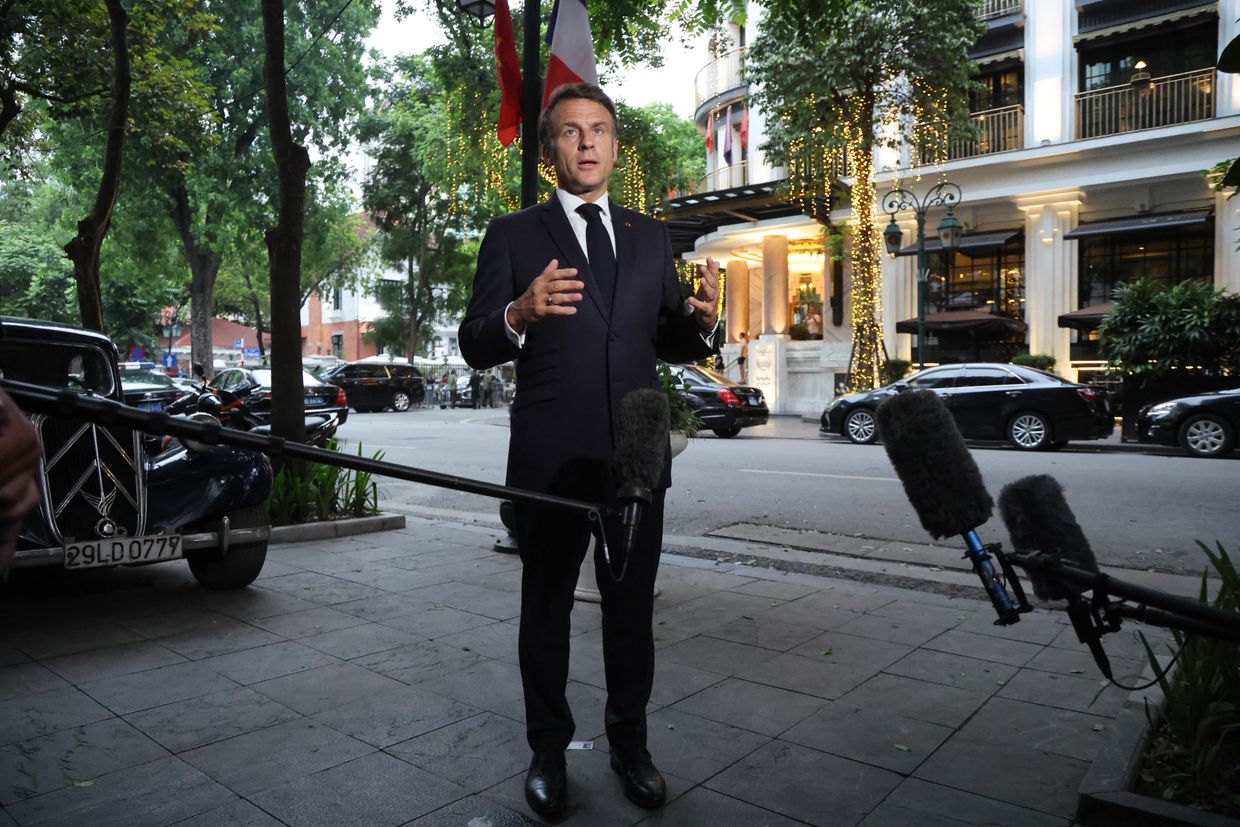Mumbai: Bajaj Auto warned of a looming disruption in electric scooter production starting July if the ongoing restrictions on exports of rare earth magnets by China are not resolved swiftly. The company flagged a significant operational risk during its March quarter earnings call, with inventories of the critical component depleting and no clear timeline for resolution in sight.
“The rare earth situation is a very difficult one,” Rakesh Sharma, executive director, Bajaj Auto told reporters citing a “very onerous” approval process that includes certifications from Indian ministries, the Chinese embassy, and local Chinese provincial authorities.
Although more than 30 applications have been submitted by the industry, no clearances have been received so far. Chinese authorities have indicated that the process could take 40–45 days, but Sharma said that the “loop has not closed,” casting doubt on the viability of the system.
“If there is no relief and no shipments come through, production will definitely be impaired by July,” Sharma warned. The company emphasised that there is no short-term substitute, as refining rare earth elements—despite deposits in India and elsewhere—requires substantial investment and technological expertise.
Rare earth magnets are a key input in electric motors, and their limited supply could stall Bajaj Auto’s electric vehicle ambitions just as it is scaling up its EV pipeline. China is the market leader with 80% of supplies concentrated in the region. The company acknowledged that this issue, coupled with geopolitical and currency-related headwinds, could constrain export and EV growth in the near term.
Driven by sustained demand in the domestic market and a recovery in select export geographies, net profit at Bajaj Auto for the quarter ended March 31 rose 6% year-on-year to ₹2,049 crore from ₹1,936 crore in Q4FY24. Revenue from operations stood at ₹12,148 crore, up 6% from ₹11,485 crore in the year-ago period. The uptick was supported by a favourable product mix, robust domestic demand, and margin stability despite cost pressures. The March quarter revenue and net profit were above analysts’ average expectation of Rs 11,821 crore and Rs1,946 crore in that order.
Total sales during the quarter grew 4% to over 11 lakh units, with motorcycles and three-wheelers continuing to show strong performance. EBITDA margins were steady, aided by premiumisation, particularly in the Pulsar and KTM ranges.
For FY25, Bajaj Auto reported a standalone net profit of ₹8,151 crore, marking a 9% rise over ₹7,479 crore in the previous year. Adjusted for a one-time deferred tax provision of ₹211 crore, the profit stood at ₹8,363 crore. Full-year revenue grew 12% to ₹50,010 crore, as volumes crossed 46.5 lakh units.
Export markets, especially in Latin America and parts of Asia, showed encouraging signs. The company’s exports in 30 key countries grew by 31%, outpacing the industry’s 26% growth, with record sales in models like Pulsar and Dominar. However, the outlook for Africa remains cautious due to economic fragility, said Sharma.
Bajaj Auto ended the year with a cash flow from operations of ₹7,267 crore and declared a dividend of ₹210 per share. A ₹4,932 crore share buyback was also completed earlier in the year. Bajaj Auto’s shares closed at Rs8873.30 a piece, up 0.28% on the BSE.
.png)
 German (DE)
German (DE)  English (US)
English (US)  Spanish (ES)
Spanish (ES)  French (FR)
French (FR)  Hindi (IN)
Hindi (IN)  Italian (IT)
Italian (IT)  Russian (RU)
Russian (RU) 








Comments